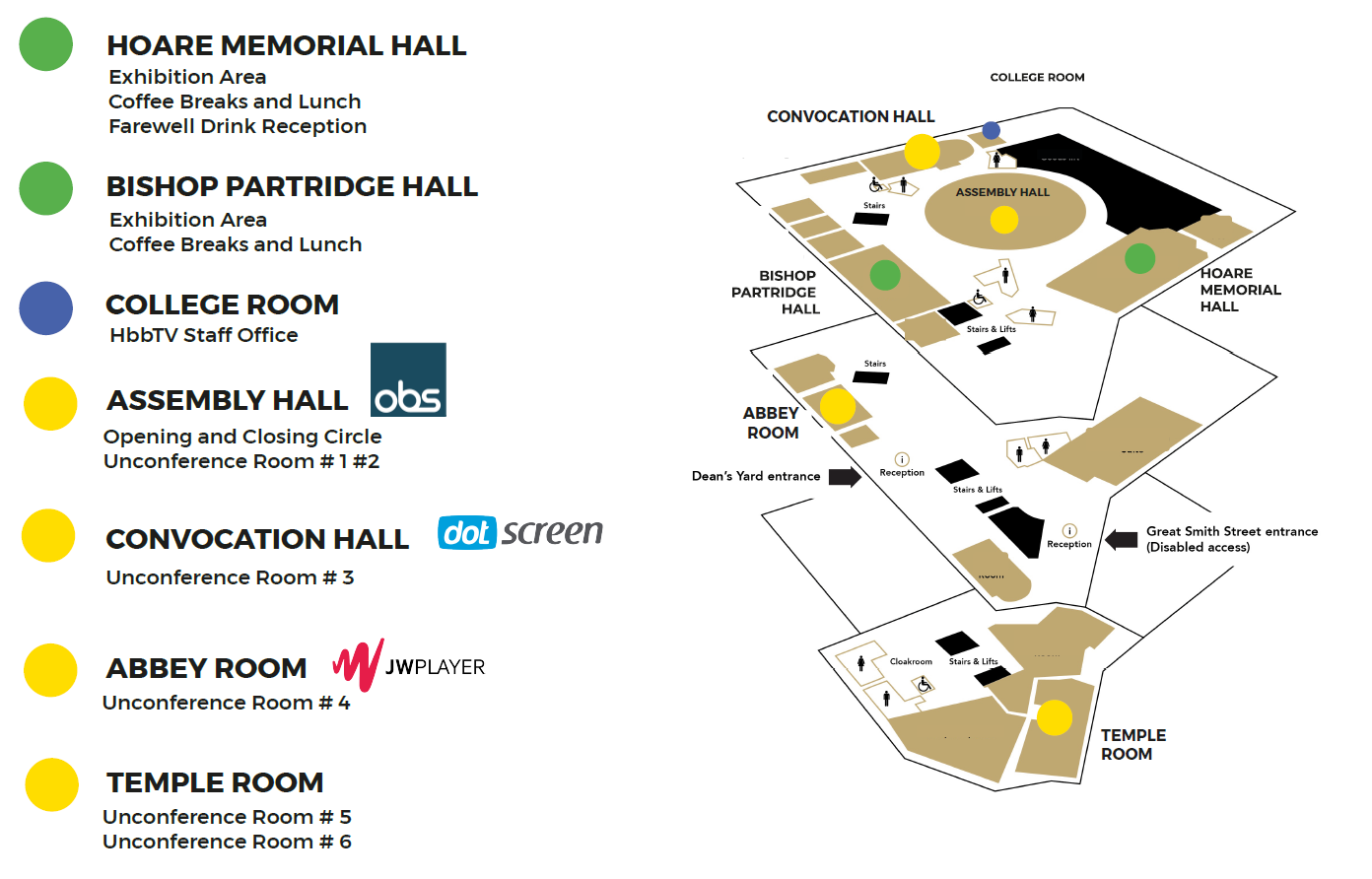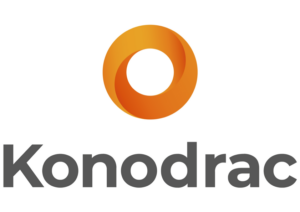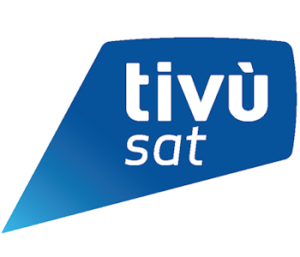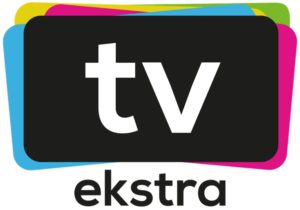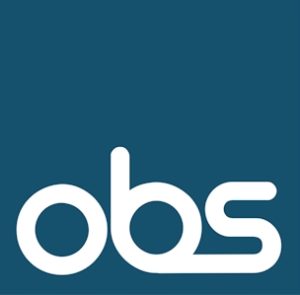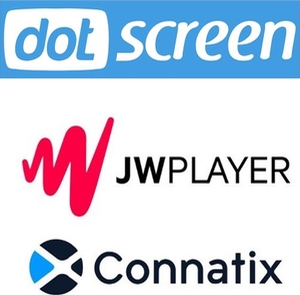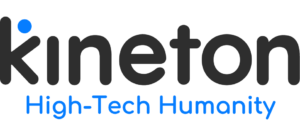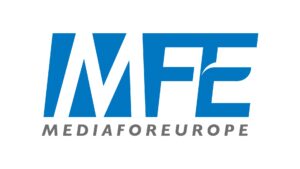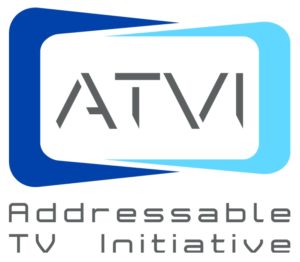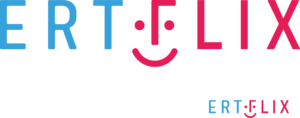Unconference Hub
You’ll find useful links and resources on this page before, during and after the event. Scroll to the very bottom of the page to find useful information on preparing for the unconference.
- Scroll down for the Agenda and the Unconference Floorplan.
- Submit and read unconference session reports
- Access the Participant List (the password will be shared with all participants before the event)
Unconference session reports
Reports MUST be submitted for all unconference sessions. All participants will be provided with a password to access these materials, along with the participant list.
Agenda
If the agenda is not showing below, try refreshing the page or opening it in a private browser window.
Find the complete programme for the HbbTV Symposium here.
(1 hour) | Room #1 (Assembly) | - | Room #3 (Convocation) | Room #4 (Abbey) | Room #5 (Temple) | Room #6 (Temple) |
10:00 | The challenges of shift left testing in HbbTV Paul Martin (OBS) | - - | The future of device conformance testing & potential role for refernce apps Romualdo Federico (Kineton), James Jackson (Everyone TV), Thi Thanh Van Nguyen (Samsung), Jörn Krieger (HbbTV) | Increase linear TV revenue from the digital ecosystem Moritz Wuttke (Konodrac) | Designing and operating DVB-I Service Lists Thomas Schierbaum, Rainer Biehn (bmt) and Rainer Kirchknopf (ZDF) | Content provenance and authenticity Bob Campbell (Resillion) |
11:00 | COFFEE, NETWORKING & EXHIBITION | |||||
11:15 | How to go to market with HbbTV-TA and legacy in the mix // Cerification and Testing materials Leander Carrel (Nowtilus ) | - - | CTA-WAVE media playback tests Bob Campbell (Resillion) | Sign language with Web Assembly (WASM) // WASM unlocking new possibilities Rafael Bermudez (3Cat) // Matthew Huntington (HbbTV) | Leveraging the HbbTV Test Suite with the help of AI Nico Knaepen (Resillion) | Can we reduce the HbbTV spec Frode Hernes (Xperi - Tivo) |
12:15 | LUNCH & EXHIBITION | |||||
13:15 | DRM and content protection a DVB-I future // HbbTV for DRM - issues, experiences, improvements Jon Piesing (TP Vision) | - - | Open Red Button - open source HbbTV browser - progress, what's coming next, community engagement Jason Nash (OBS) | Improving usability of HbbTV Vincent Grivet (HbbTV Association) | Effectiveness of testing events and what can be done to improve them James Trickett (Resillion) | Bringing HbbTV to new countries Mika Kanerva (Sofia Digital) |
14:15 | COFFEE, NETWORKING & EXHIBITION | |||||
14:30 | Missing APIs from native DASH player Raj Patel (Yotta Media Labs) | - - | Is HbbTV ready for the app world? Bram Tullemans (EBU) | - - | How to build a vibrant developer community Matthew Huntington (HbbTV Association) | - - |
15:30 | COFFEE & NETWORKING | |||||
15:45 | CLOSING CIRCLE | |||||
16:45 | END OF UNCONFERENCE & FAREWELL DRINKS RECEPTION | |||||
Unconference Floorplan
Preparing for the unconference
What will you get out of the 12th HbbTV Symposium? Your approach to our unconference day can make a big difference to the value you take from your trip. The video below provides information about what you can expect from an unconference and how to prepare.
You will have some difficult decisions to make during the unconference! The agenda will haveup to six sessions running in parallel and you will need to decide which one to attend. But if the chosen session isn’t meeting your expectations, you are free – encouraged, even! – to move to another one or visit the exhibition area.
We will adopt a more relaxed timetable this year, with just four hour-long session blocks and a 15-minute break between each one. This will provide more time for session hosts to prepare and for attendees to talk with exhibitors and sponsors.
Hosting a session
All Symposium attendees are welcome to pitch and host unconference sesssions on any topic relevant to the HbbTV community. If you have an idea for a session, we encourage you to share it already by submitting it via this form.
A few guidelines to keep in mind when thinking about pitching and hosting:
- Think about the outcome that you’d like to achieve your session – what is the goal?
- Decide how you’re going to structure the conversation to reach that outcome – ideally keep it focused on the topic in question.
- Try to hear from everybody in the room – experience has shown that participants do NOT appreciate sessions that are dominated by one or two voices or focused mainly on a PowerPoint presentation.
- Take notes openly on a flipchart or whiteboard – this helps to keep the conversation on track and makes filing a (short) report easier.
You can find more detail on the points above in this blog post from our unconference facilitator, Eoghan O’Sullivan. And If you want to read even more about unconferences, this is an excellent resource.
